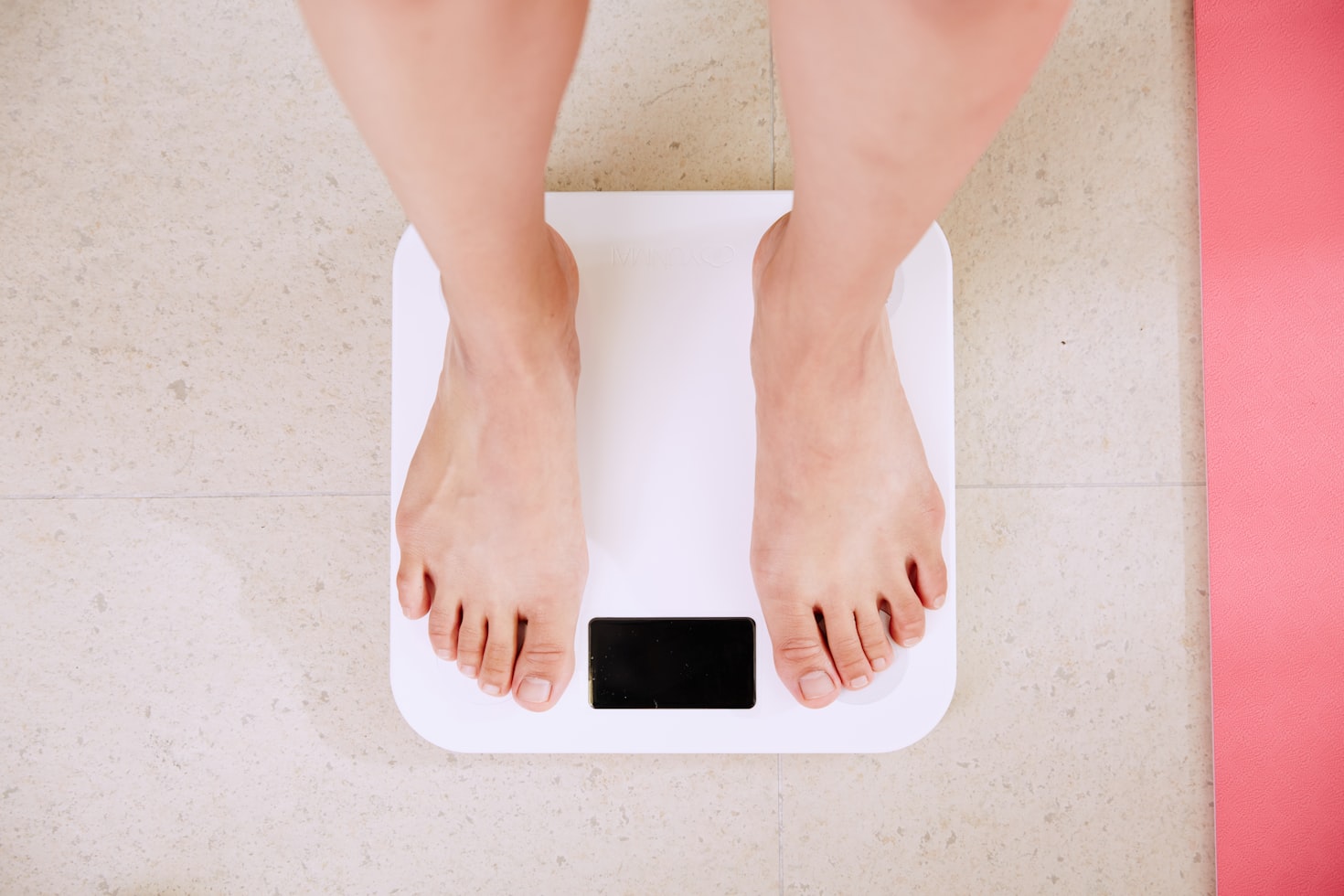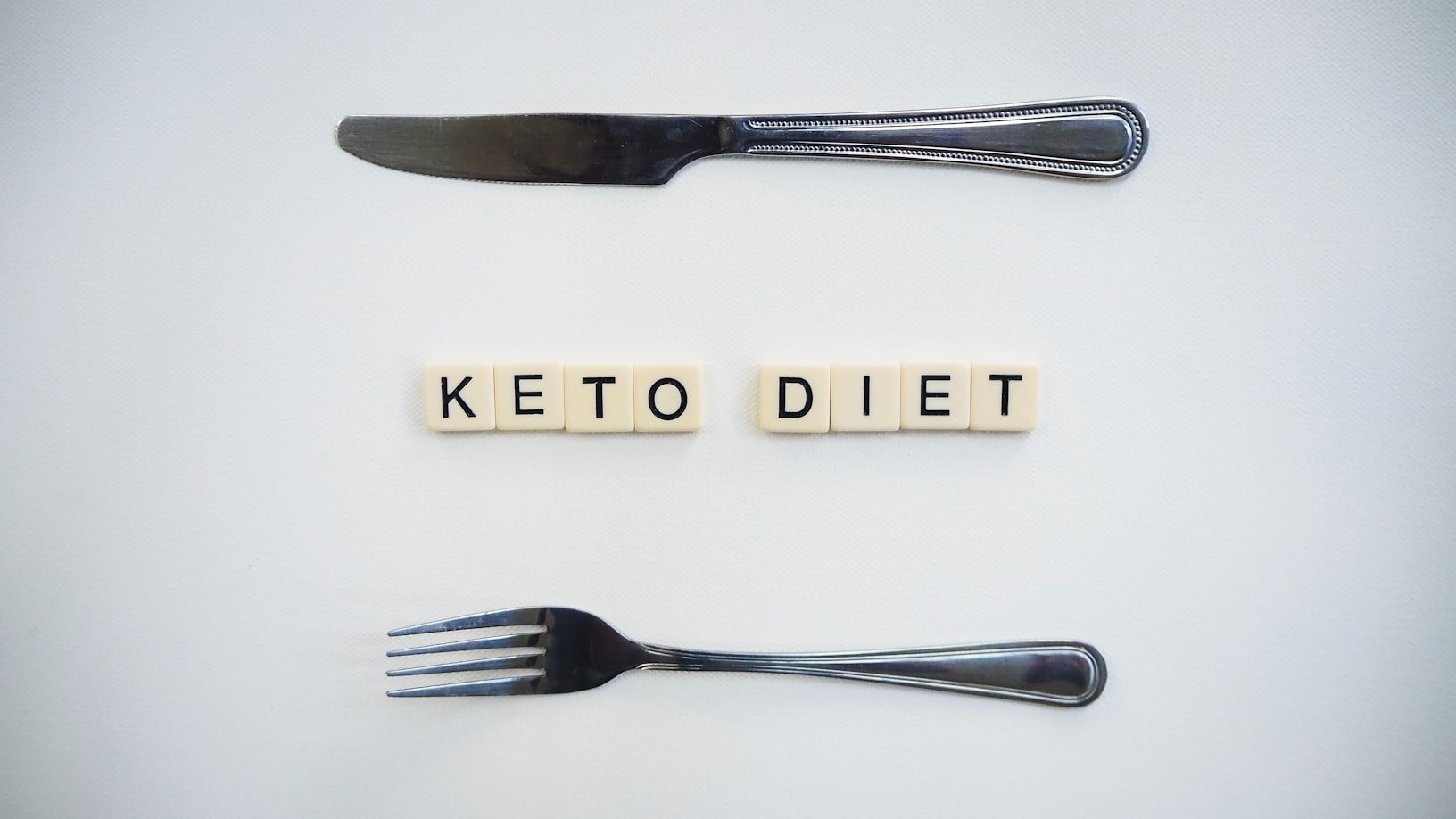Is Hunger A Sign Of Ketosis?
When following a ketogenic diet, one of the main goals is to achieve a state of ketosis. Ketosis is a metabolic state in which the body primarily uses fat for fuel instead of carbohydrates. This shift in fuel source can lead to various changes in the body, including changes in hunger levels. In this article, we will explore whether hunger is a sign of ketosis and delve into the relationship between hunger and ketosis.
Understanding Ketosis
Ketosis is a natural metabolic state that occurs when the body doesn’t have enough carbohydrates to burn for energy. In the absence of carbohydrates, the body starts breaking down fat stores into ketones, which can be used as an alternative fuel source. This process is known as ketosis.
When following a ketogenic diet, individuals typically consume a high amount of healthy fats, a moderate amount of protein, and restrict their carbohydrate intake to a very low level. This combination of macronutrients forces the body to rely on fat for energy, leading to the production of ketones and the state of ketosis.
The Relationship Between Hunger and Ketosis
One of the main benefits of a ketogenic diet is its potential to reduce hunger and cravings. When the body is in ketosis, it becomes more efficient at using stored fat for fuel, which can help stabilize blood sugar levels and prevent spikes and crashes that often lead to hunger pangs.
Additionally, the consumption of healthy fats and an adequate amount of protein on a ketogenic diet can promote satiety and keep you feeling fuller for longer. Fats are known to be more satiating than carbohydrates, and protein is also highly satiating, making it easier to control hunger and reduce overall calorie intake.
However, it’s important to note that hunger can still be experienced while in ketosis, especially during the initial stages of transitioning to a ketogenic diet. This is often referred to as the “keto flu” and can include symptoms such as increased hunger, fatigue, and cravings as the body adjusts to using fat as its primary fuel source.
Factors Influencing Hunger on a Ketogenic Diet
While hunger levels can vary from person to person, several factors can influence hunger on a ketogenic diet:
- Caloric intake: Consuming an inadequate number of calories can lead to increased hunger. It’s important to ensure you are consuming enough calories to meet your body’s needs.
- Macronutrient composition: The ratio of fats, proteins, and carbohydrates in your diet can affect hunger levels. Adjusting the proportions of these macronutrients may help manage hunger more effectively.
- Meal timing and frequency: Spacing out meals and incorporating intermittent fasting can help regulate hunger and improve satiety.
- Food choices: Opting for nutrient-dense, whole foods can help keep you feeling satisfied and reduce hunger.
- Hydration: Dehydration can sometimes be mistaken for hunger. Staying adequately hydrated can help prevent unnecessary snacking.
- Individual differences: Each person’s body and metabolism are unique, so individual responses to hunger on a ketogenic diet may vary.
Frequently Asked Questions (FAQ)
1. Does hunger mean I’m not in ketosis?
No, hunger does not necessarily mean you are not in ketosis. Hunger can be influenced by various factors, and it’s possible to experience hunger even while in ketosis. It’s important to consider other factors such as caloric intake, macronutrient composition, and meal timing when assessing hunger levels.
2. How long does it take to reach ketosis?
The time it takes to reach ketosis can vary from person to person. It typically takes 2-7 days of following a strict ketogenic diet to enter ketosis. However, some individuals may enter ketosis more quickly, while others may take longer.
3. Can I snack while on a ketogenic diet?
Snacking on a ketogenic diet is possible, but it’s important to choose keto-friendly snacks that align with your macronutrient goals. Opt for snacks that are high in healthy fats and low in carbohydrates to maintain ketosis and manage hunger effectively.
4. Can ketosis lead to overeating due to increased hunger?
While hunger levels can increase during the initial stages of transitioning to a ketogenic diet, the consumption of healthy fats and an adequate amount of protein can help promote satiety and reduce overall calorie intake. However, it’s important to listen to your body’s hunger cues and adjust your caloric intake accordingly.
5. Can ketosis suppress appetite in the long term?
Some studies suggest that a ketogenic diet can lead to appetite suppression in the long term. The increased consumption of fats and proteins, along with the stabilization of blood sugar levels, can help regulate hunger and reduce cravings.
6. Can hunger on a ketogenic diet be managed with supplements?
While there are various supplements marketed to help manage hunger on a ketogenic diet, it’s important to prioritize whole, nutrient-dense foods as the foundation of your diet. Supplements should be used as a complement to a well-rounded ketogenic eating plan, rather than a replacement for proper nutrition.
Summary
Hunger can be experienced while in ketosis, especially during the initial stages of transitioning to a ketogenic diet. However, a well-formulated ketogenic diet that includes an adequate amount of healthy fats and protein can help reduce hunger and promote satiety. Factors such as caloric intake, macronutrient composition, meal timing, and individual differences can influence hunger levels on a ketogenic diet. It’s important to listen to your body’s hunger cues, make appropriate adjustments, and prioritize nutrient-dense foods to support overall health and well-being.






